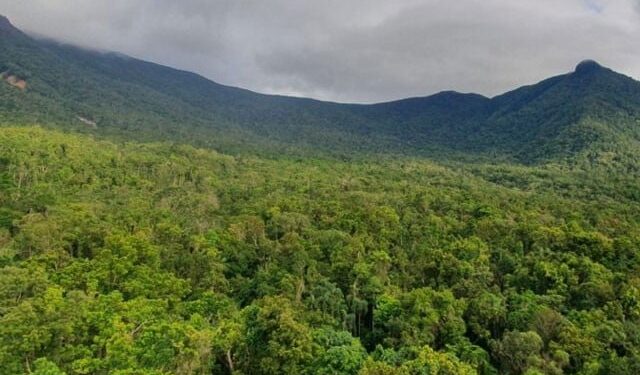Exeter: Ozone gas is reducing the growth of tropical forests by sequestering 29 million tonnes of carbon per year, according to a new study.
The ozone layer in the stratosphere protects our planet from harmful ultraviolet rays and its protection is one of the major achievements of environmental action.
But ozone at ground level – formed by a combination of pollution caused by human activities in the presence of sunlight – interferes with plants’ ability to absorb carbon dioxide. Ozone is also harmful to human health.
The new study, published in the journal Nature Geoscience, estimates that ground-level ozone reduces annual new growth in tropical forests by an average of 5.1 percent.
In some regions the impact is greater – tropical forests in Asia are losing 10.9 percent of new growth.
Tropical forests are important ‘carbon sinks’, sequestering and storing carbon dioxide that would otherwise remain in the atmosphere and contributing to global warming.
Study co-author Dr Alexander Chessman, from James Cook University and the University of Exeter, said tropical forests play an important role in reducing our carbon dioxide emissions.

























